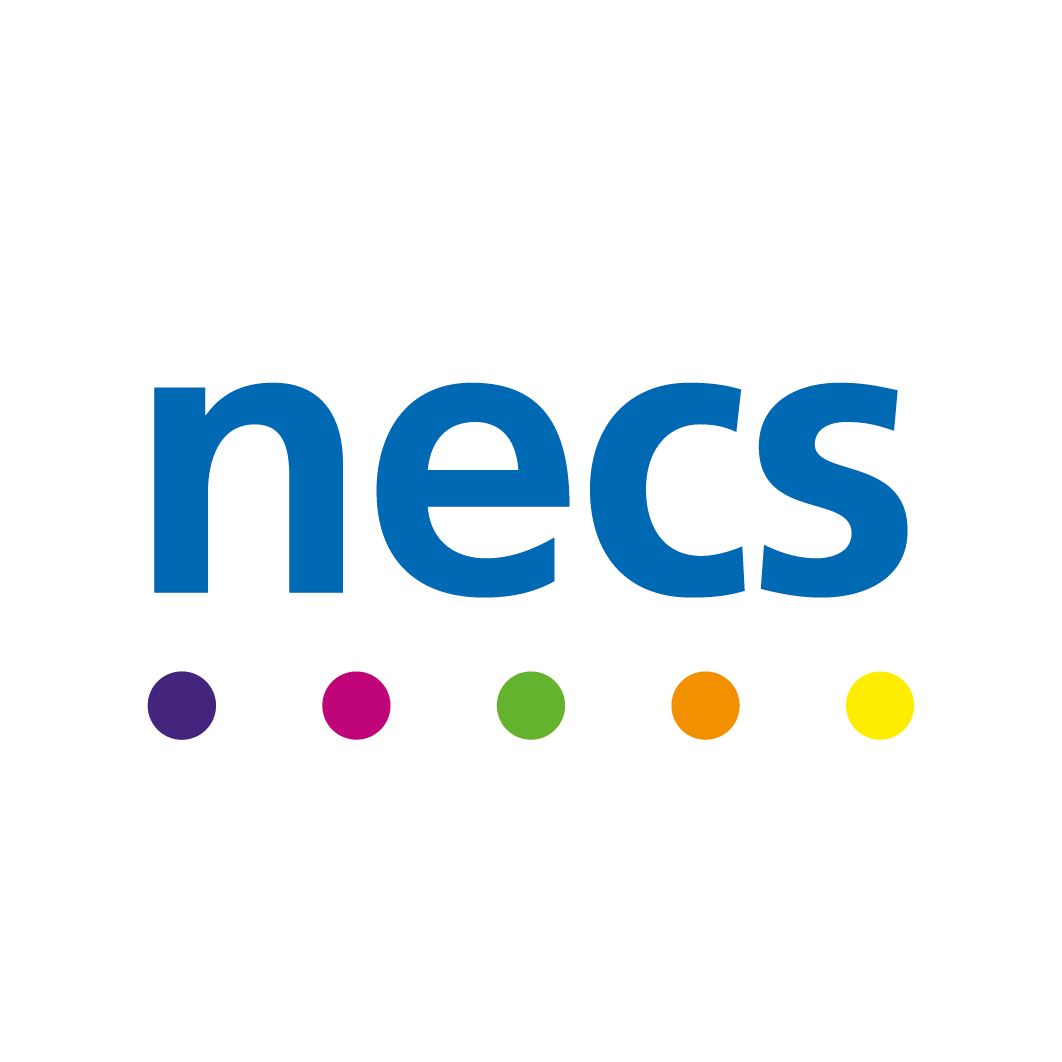As the cost-of-living crisis continues into the new year, many people may turn to alcohol as a coping mechanism to help manage feelings of anxiety and deal with increased pressures. Excessive drinking can lead not only to the development and exacerbation of mental health issues, but to the breakdown of core relationships as well as financial instability.
Increased alcohol consumption can be associated with the development of long-term medical conditions such as high blood pressure, stroke, liver disease and cancer and is a major driver of health inequalities – killing twice as many people living in more deprived areas than in affluent parts of the country.
It is recommended that NHS organisations take steps to reduce alcohol related harm and to support GPs and practice staff to pick up on signs of alcohol abuse when a patient comes in for treatment. The process of identifying people who may have alcohol issues and taking action is called identification and brief advice (IBA). IBA can help recognise people who are at risk early on – to hopefully prevent many from going on to develop serious problems as a result of excessive or increased alcohol consumption.
The NECS RAIDR team recently hosted a webinar on this topic to demonstrate how our Primary Care dashboard can quickly identify potential high-risk drinkers who could benefit from IBA. Dr James Crosbie, Alcohol Clinical Lead for North East and North Cumbria ICB (NENC) joined us to discuss the how the RAIDR dashboard supports the aims and impact of the regional Alcohol Programme.
Watch a recording of the webinar here.
Find out more about RAIDR, which is the UK’s leading health intelligence tool, which puts you in control by presenting data in a range of interactive dashboards.


